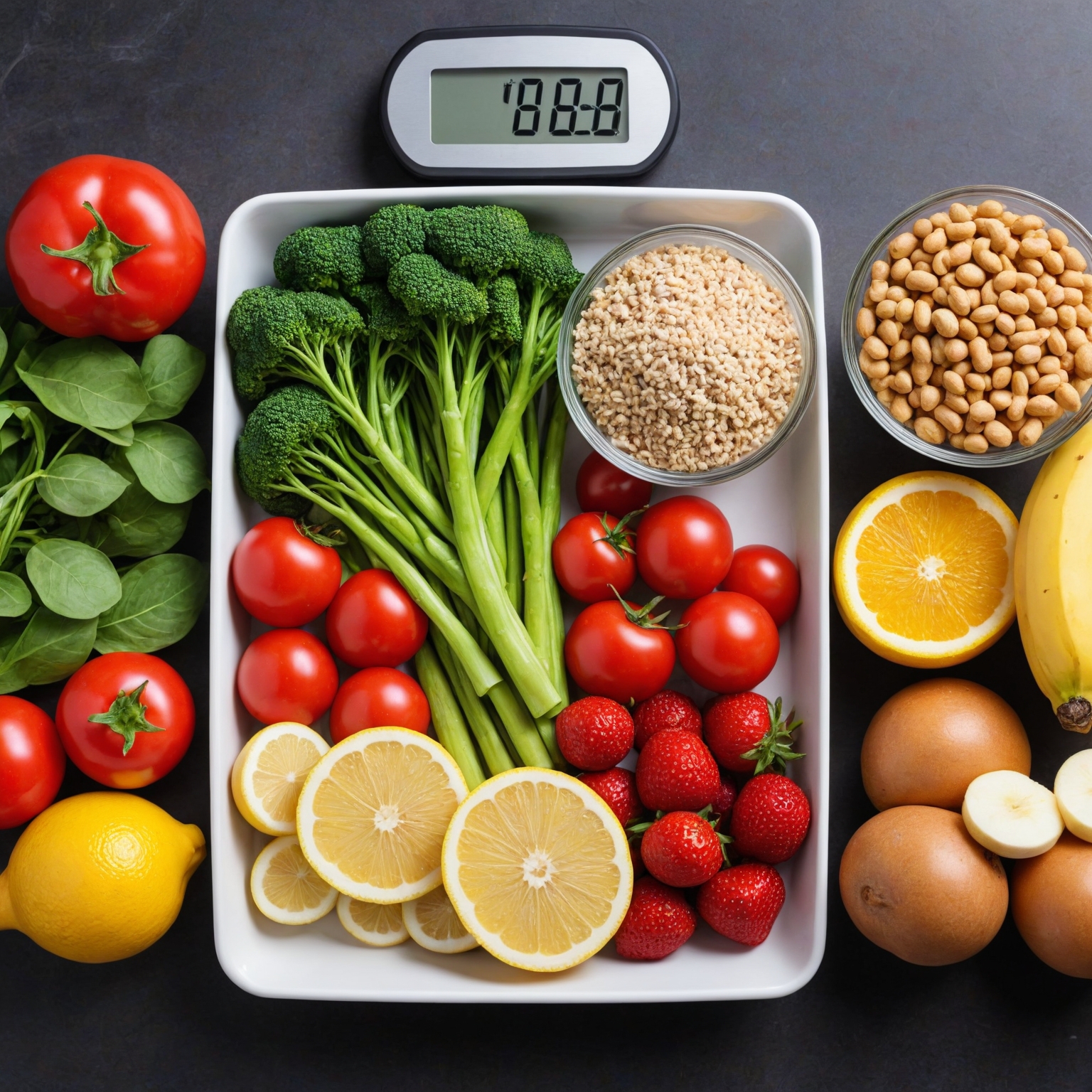The Ultimate Guide to Weight Loss: Proven Strategies for a Healthier You
Introduction
In today’s fast-paced world, weight loss has become a priority for many individuals striving for a healthier lifestyle. With countless diets, exercises, and supplements available, it can be overwhelming to determine the most effective methods. This comprehensive guide will provide you with evidence-based strategies to achieve sustainable weight loss and improve your overall well-being.
Understanding Weight Loss
What is Weight Loss?
Weight loss occurs when the body expends more calories than it consumes. This calorie deficit forces the body to use stored fat for energy, leading to a reduction in body weight. The key to successful weight loss lies in balancing calorie intake with physical activity and making long-term lifestyle changes.
The Importance of a Balanced Diet
A balanced diet is crucial for weight loss. Consuming a variety of nutrient-dense foods ensures that your body receives essential vitamins and minerals while maintaining a calorie deficit. Focus on whole foods such as fruits, vegetables, lean proteins, and whole grains. Avoid processed foods, sugary beverages, and excessive amounts of unhealthy fats.

Effective Weight Loss Strategies
**1. Set Realistic Goals
Setting achievable weight loss goals is essential for staying motivated and on track. Aim for a gradual weight loss of 1-2 pounds per week, as this is considered safe and sustainable. Break down your overall goal into smaller milestones to celebrate your progress along the way.
**2. Create a Calorie Deficit
To lose weight, you need to create a calorie deficit by consuming fewer calories than your body needs. Calculate your daily caloric needs based on your age, gender, weight, height, and activity level. Use a food diary or a mobile app to track your calorie intake and ensure you stay within your target range.
**3. Incorporate Regular Exercise
Physical activity is a crucial component of weight loss. Aim for at least 150 minutes of moderate-intensity aerobic exercise or 75 minutes of vigorous-intensity exercise per week, along with muscle-strengthening activities on two or more days. Choose activities you enjoy, such as walking, jogging, cycling, or swimming, to make exercise a sustainable part of your routine.
**4. Stay Hydrated
Drinking adequate water is essential for weight loss. Water helps to flush out toxins, improve digestion, and keep you feeling full. Aim for at least 8 glasses of water per day, and consider drinking a glass before meals to help control your appetite.
**5. Prioritize Sleep
Quality sleep is often overlooked in weight loss journeys. Lack of sleep can disrupt hormones that regulate hunger and appetite, leading to overeating. Aim for 7-9 hours of sleep per night to support your weight loss efforts and overall health.
**6. Manage Stress
Chronic stress can lead to weight gain by triggering emotional eating and increasing levels of the stress hormone cortisol. Incorporate stress management techniques such as meditation, yoga, deep breathing exercises, and mindfulness practices into your daily routine.
Popular Weight Loss Diets
**1. Ketogenic Diet
The ketogenic diet is a low-carb, high-fat diet that forces the body to burn fat for fuel instead of carbohydrates. By drastically reducing carbohydrate intake and increasing fat consumption, the body enters a state of ketosis. This diet has been shown to promote rapid weight loss, but it may not be suitable for everyone.
**2. Intermittent Fasting
Intermittent fasting involves alternating periods of eating and fasting. Common methods include the 16/8 method (fasting for 16 hours and eating within an 8-hour window) and the 5:2 method (eating normally for 5 days and restricting calories for 2 non-consecutive days). This approach can help reduce calorie intake and improve metabolic health.
**3. Paleo Diet
The paleo diet emphasizes whole, unprocessed foods that were presumably consumed by early humans. This diet includes lean meats, fish, fruits, vegetables, nuts, and seeds while excluding processed foods, grains, legumes, and dairy. The paleo diet can aid in weight loss by focusing on nutrient-dense foods and eliminating empty calories.
Supplements for Weight Loss
**1. Green Tea Extract
Green tea extract is a popular weight loss supplement due to its high antioxidant content and ability to boost metabolism. Studies have shown that green tea extract can increase fat burning and improve exercise performance.
**2. Garcinia Cambogia
Garcinia Cambogia is a tropical fruit whose extract is often used in weight loss supplements. It contains hydroxycitric acid (HCA), which may help reduce appetite and inhibit fat production. However, the effectiveness of Garcinia Cambogia is still debated, and more research is needed.
**3. Protein Supplements
Protein supplements, such as whey protein, can help you feel full and reduce overall calorie intake. Consuming protein-rich foods or supplements can also aid in preserving muscle mass during weight loss.
Behavioral Changes for Long-Term Success
**1. Mindful Eating
Mindful eating involves paying full attention to the eating experience, including the taste, texture, and smell of food. This practice can help you recognize hunger and fullness cues, prevent overeating, and foster a healthier relationship with food.
**2. Keep a Food Diary
Keeping a food diary can help you become more aware of your eating habits and identify patterns that may be hindering your weight loss progress. Record everything you eat and drink, including portion sizes and emotions associated with eating.
**3. Find a Support System
Having a support system can greatly enhance your weight loss journey. Whether it’s friends, family, or a support group, sharing your goals and progress with others can provide motivation, accountability, and encouragement.
Common Weight Loss Myths Debunked
**1. Myth: Carbs Are the Enemy
Carbohydrates are often demonized in the weight loss world, but they are an essential macronutrient. The key is to choose complex carbohydrates such as whole grains, fruits, and vegetables over simple carbs like sugary snacks and refined grains.
**2. Myth: Skipping Meals Helps Lose Weight
Skipping meals can lead to overeating later in the day and negatively impact metabolism. It’s important to eat regular, balanced meals to maintain energy levels and support weight loss.
**3. Myth: Fat Makes You Fat
Not all fats are bad. Healthy fats, such as those found in avocados, nuts, and olive oil, are essential for overall health and can actually aid in weight loss by keeping you full and satisfied.
Conclusion
Achieving and maintaining weight loss requires a combination of a balanced diet, regular exercise, and sustainable lifestyle changes. By setting realistic goals, creating a calorie deficit, and incorporating healthy habits, you can successfully lose weight and improve your overall health. Remember, the journey to weight loss is personal, and finding what works best for you is key to long-term success.

